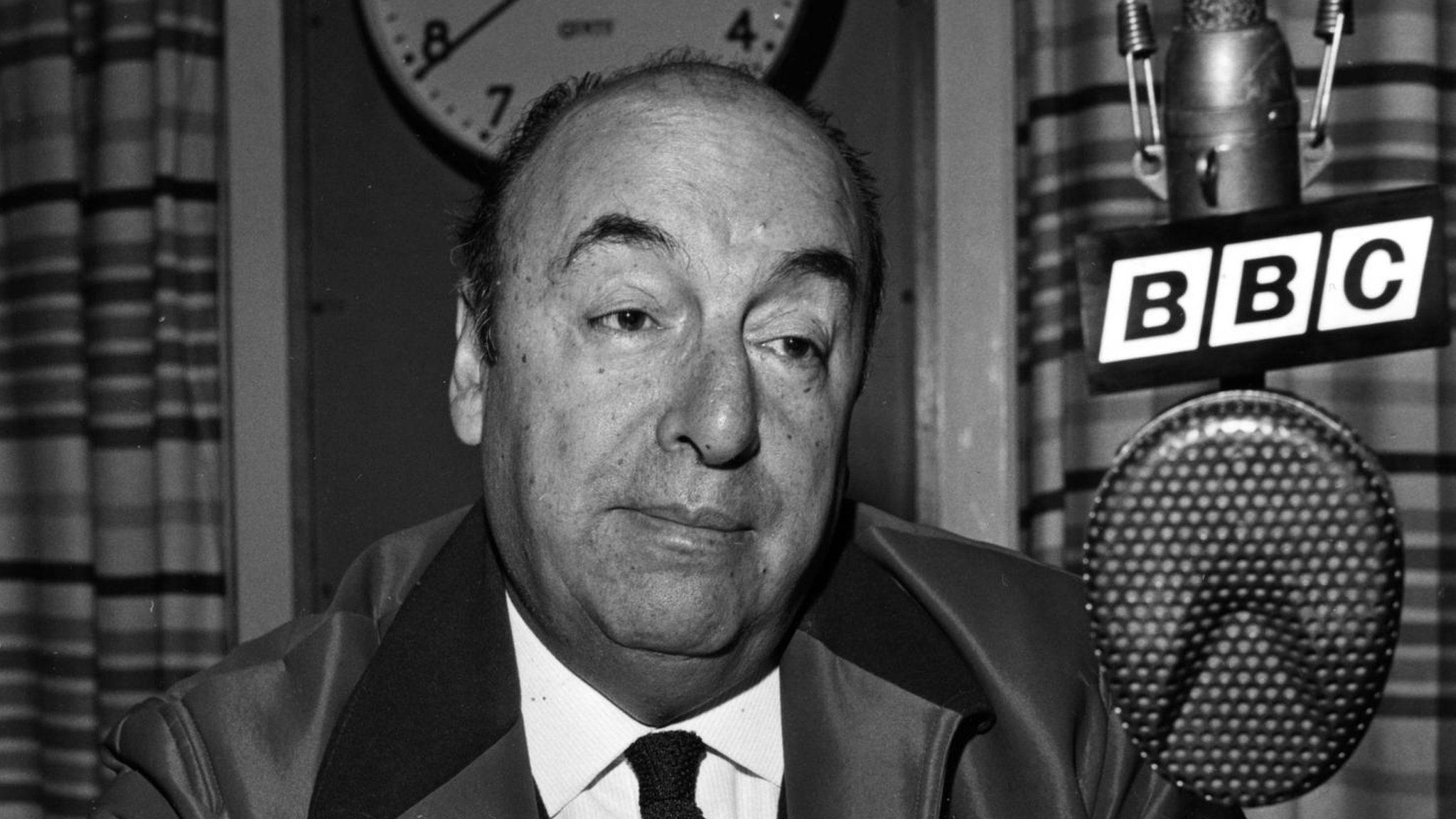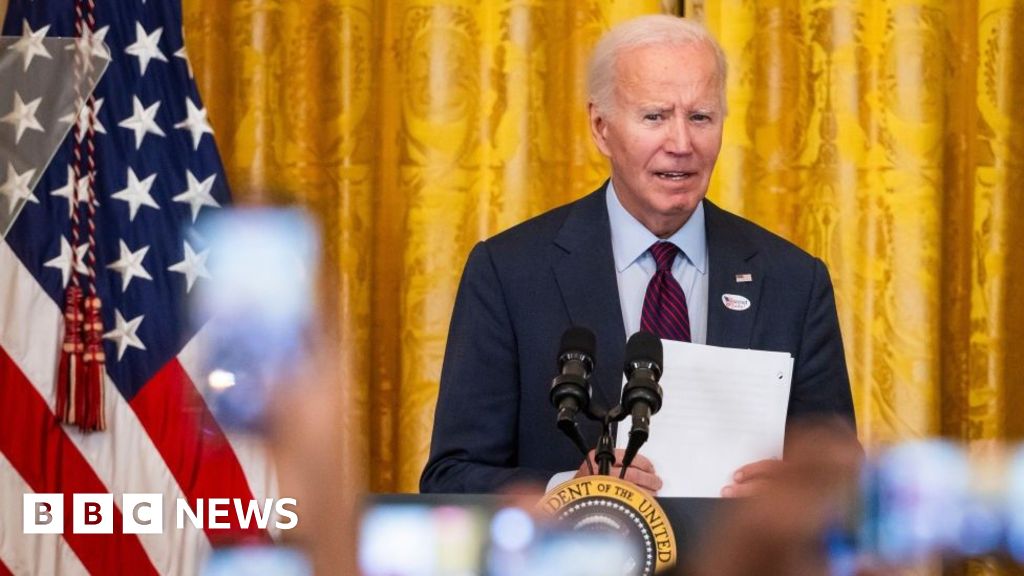ARTICLE AD BOX

Pablo Neruda died just days after the military coup in Chile
Half a century after he died and 12 years after allegations first surfaced that he was murdered on the orders of the dictatorship of Gen Augusto Pinochet, the death of Chile's most famous poet, Pablo Neruda, remains shrouded in mystery.
An investigation into it has run for more than a decade and has yet to reach a conclusion. Forensic experts in Canada, Denmark and elsewhere have pored over the poet's remains in a bid to establish what killed him, but have been unable to provide a definitive answer.
Meanwhile, the man who first made the allegation - the poet's former driver and personal assistant, Manuel Araya - himself died in June this year, aged 77, without ever seeing an end to the case.
"We need clarity," Neruda's nephew Rodolfo Reyes told the BBC in a recent interview. "The ball is in the court of the judge who's investigating the case and we're all waiting for her to make a declaration."
Neruda, who won the Nobel Prize for Literature in 1971 and was famed for his love poetry, died 50 years ago this weekend, on 23 September 1973, just 12 days after the military coup that brought Gen Pinochet to power. He was 69.
He had been suffering from prostate cancer and his death certificate said he died of "cancerous cachexia" - a wasting away caused by the disease.
But in 2011, Araya, who worked for Neruda in the last year of the poet's life, claimed Neruda had been given a lethal injection in hospital to stop him going into exile in Mexico, from where he planned to lead opposition to the Pinochet regime.
Neruda was a communist and close friend of Salvador Allende, the socialist president deposed in the coup.
Manuel Araya, pictured here in 2013, was convinced Neruda had been murdered
"They murdered Neruda because it wasn't in Pinochet's interests for him to leave the country," Araya told the BBC.
A panel of experts led by scientists at McMaster University in Toronto and the University of Copenhagen concluded that he did not die of cancer, but they could not say what he did die of, and so more tests were ordered.
In February this year, they returned with another report. They had found traces of the bacterium clostridium botulinum in one of Neruda's teeth.
"The botulism strain produces one of the deadliest toxins known to mankind, botulinum, and is known to have been used as a biological weapon in several countries," the experts said.
However, they cautioned that there was no definitive proof that clostridium botulinum had killed Neruda, "nor that it was intentionally used to do so". The scientists' report is before Chile's judicial authorities now.
The judge considering the case, Paola Plaza, is expected to issue a view on the investigation, although it is unclear when. She could order further tests in a bid to establish the truth.
Image source, Getty Images
Image caption,There was huge media interest when Judge Paola Plaza received the final report
The case has divided Chileans and the Neruda family. While Rodolfo Reyes is convinced his uncle was murdered, another nephew - Bernardo Reyes - describes the whole investigation as "pathetic" and fake news. The Neruda Foundation, which administers the poet's estate, is adamant he died of natural causes.
Neruda's widow, Matilde Urrutia, outlived her husband by 12 years and never alleged he was murdered. However, she said she did not expect him to die so quickly and that she had been told by doctors he was likely to live for at least another six years.
Image source, Getty Images
Image caption,Matilde Urrutia, pictured here in 1963, thought the coup broke Neruda's heart
She believed Neruda died of a broken heart after seeing the coup destroy everything he stood for politically.
Prosecutors have interviewed dozens of doctors, nurses, diplomats and politicians, as well as Neruda's friends who saw him in the final days of his life.
Some of them describe a man who was desperately ill. "It was clear to me he was going to die," said Aída Figueroa, a close friend of the poet who was with him at the hospital in his final hours.
Gonzalo Martínez Corbalá, Mexico's ambassador to Chile, saw the poet the day before he died.
"I talked with Pablo Neruda about the preparations for the imminent trip [to Mexico]," Mr Martínez Corbalá told investigators. "Obviously it hurt him to leave, but he also understood the role that he could play abroad.
"I didn't see anything in him to suggest he was in agony, that he couldn't speak or fend for himself… he was not dying, much less in a coma."
Neruda's nephew, Rodolfo Reyes (second from left) does not think his uncle was murdered
Many people questioned why it took Araya nearly 40 years to make his murder claim.
In response, the driver said that for 17 years during the dictatorship, it would have been too dangerous to make such an allegation, and that afterwards, in the 1990s and 2000s, he tried to persuade the Chilean press to cover his story, but "I didn't really know how to go about it, and anyway, no one wanted to listen".
Speaking to the BBC in May this year, just weeks before his death, Araya repeated his claim.
"Neruda was assassinated," he insisted. "I've said it from the first minute and I'll say it until the day I die."

 1 year ago
17
1 year ago
17








 English (US)
English (US)